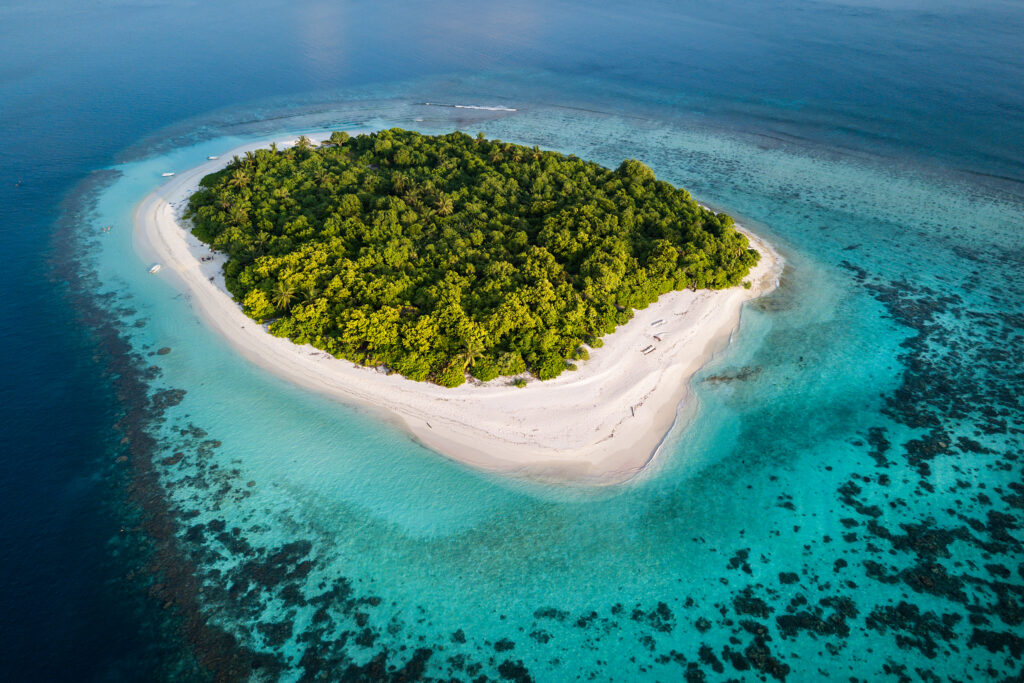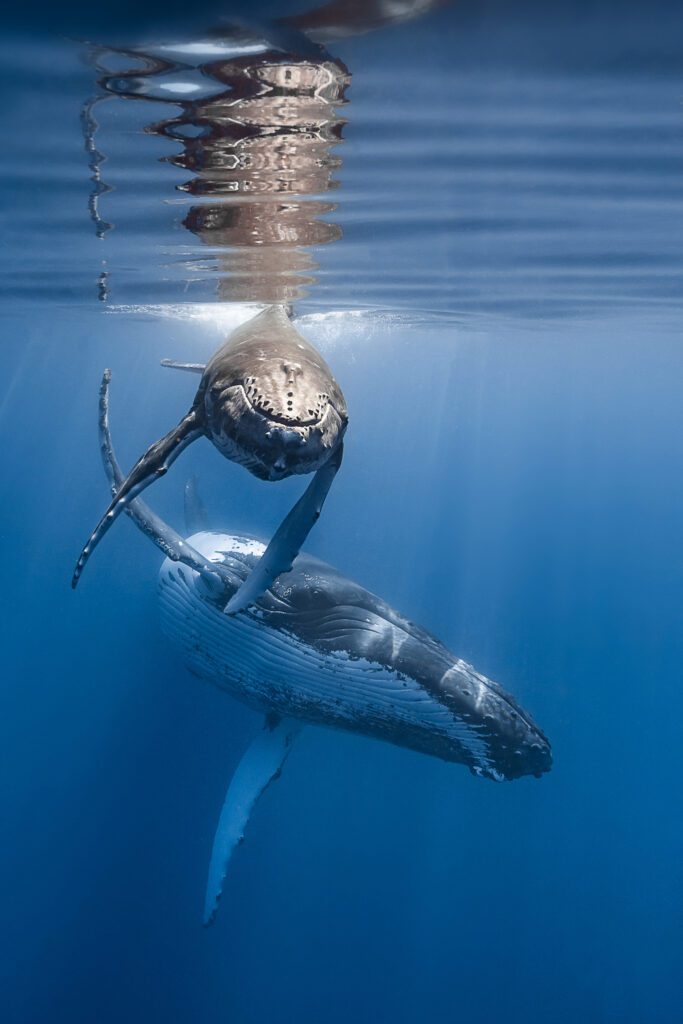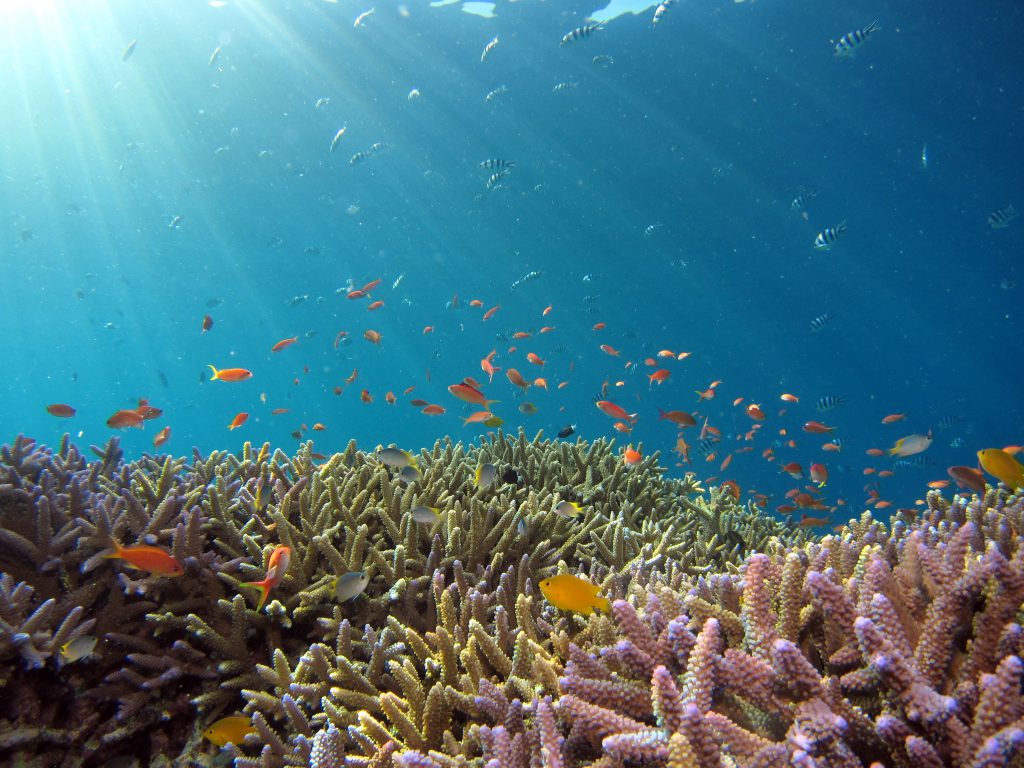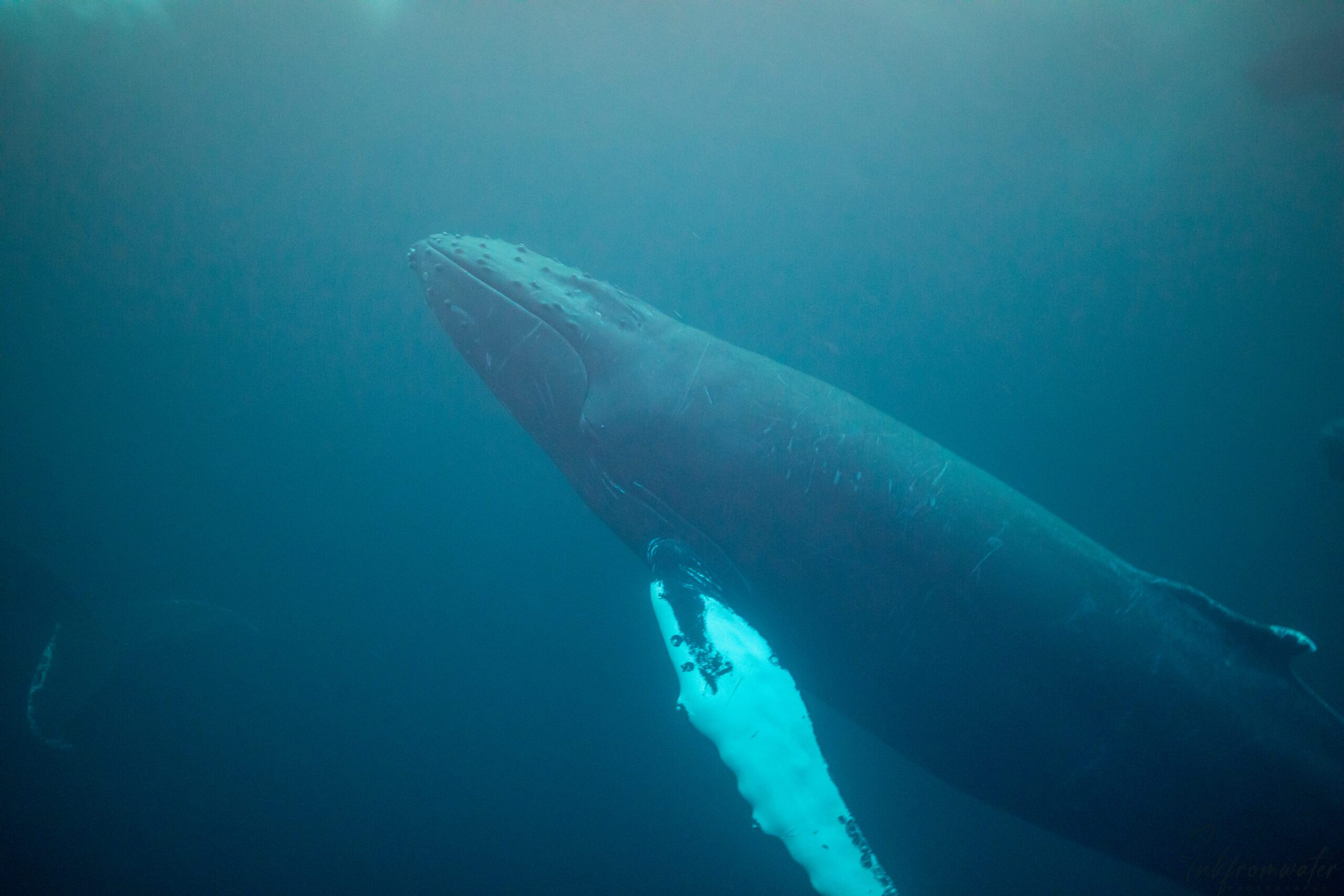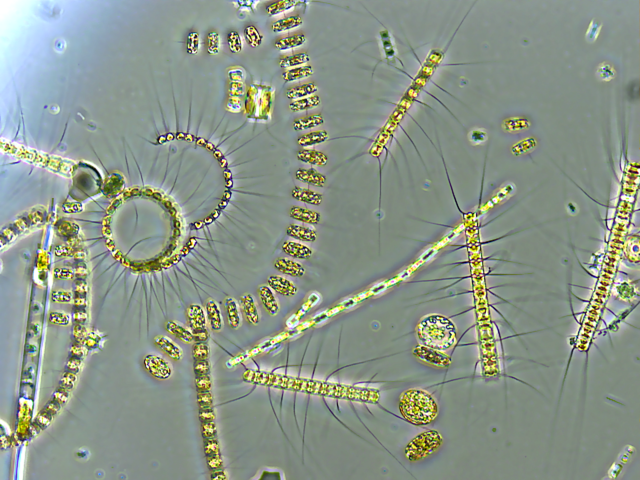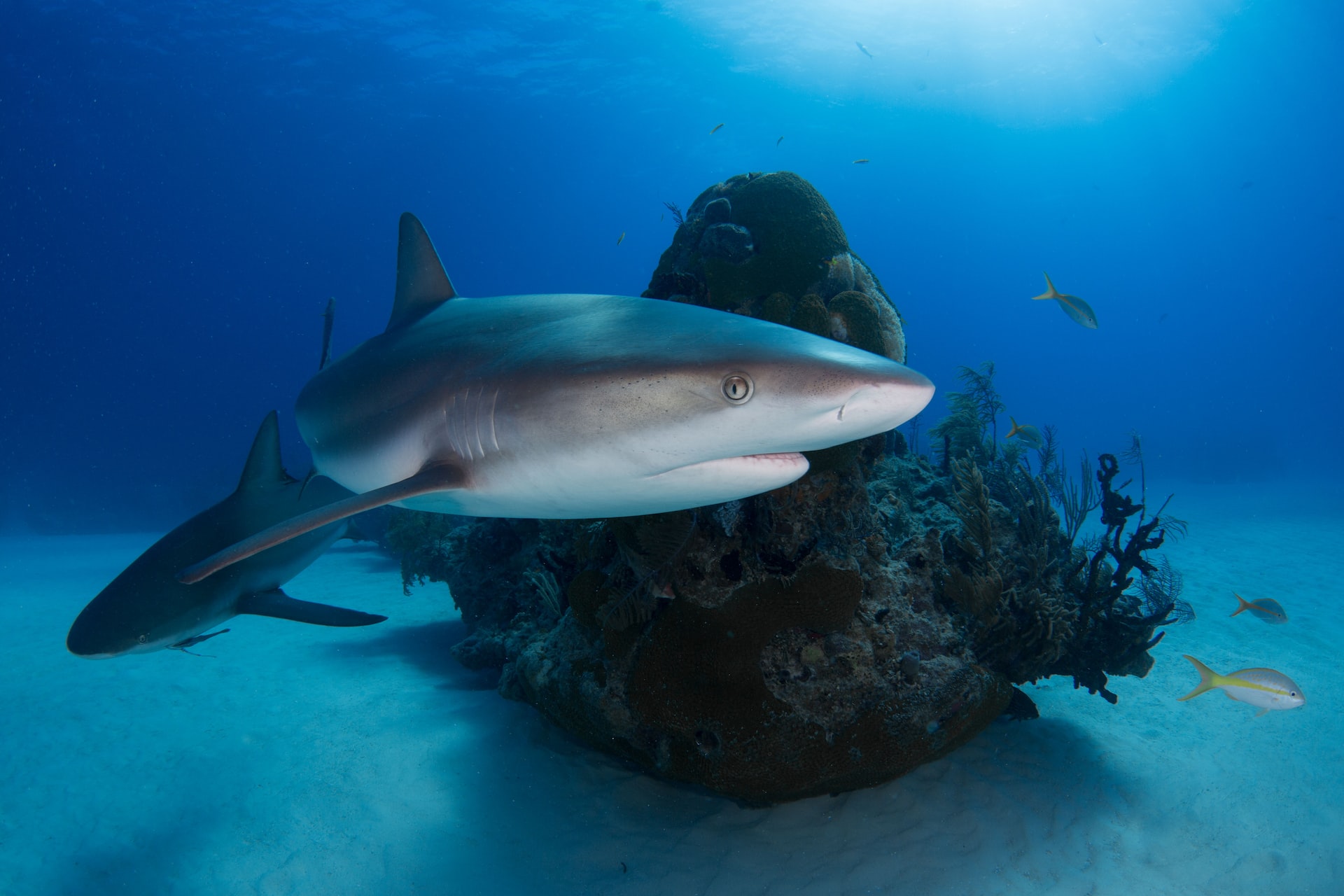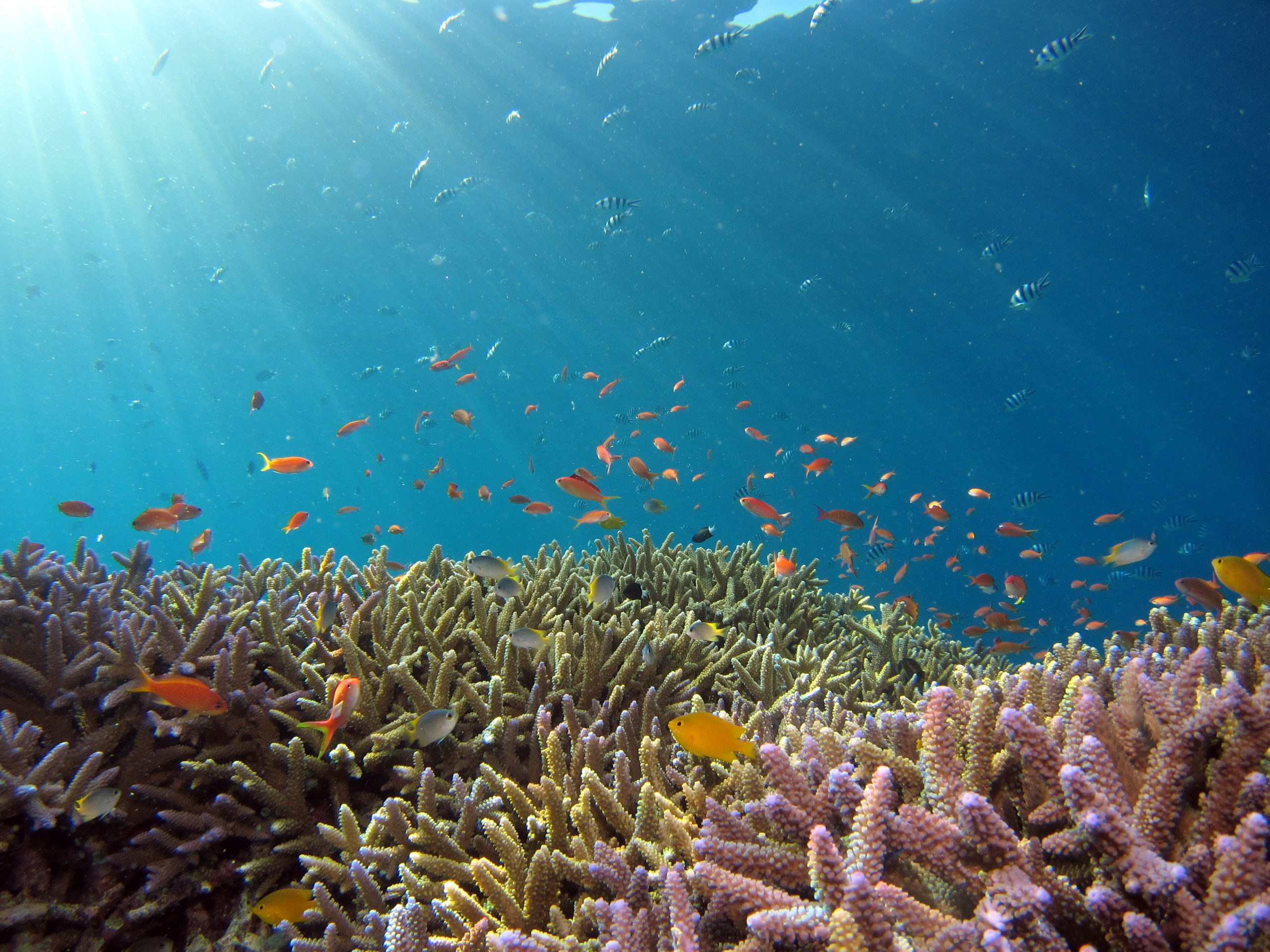OCEAN
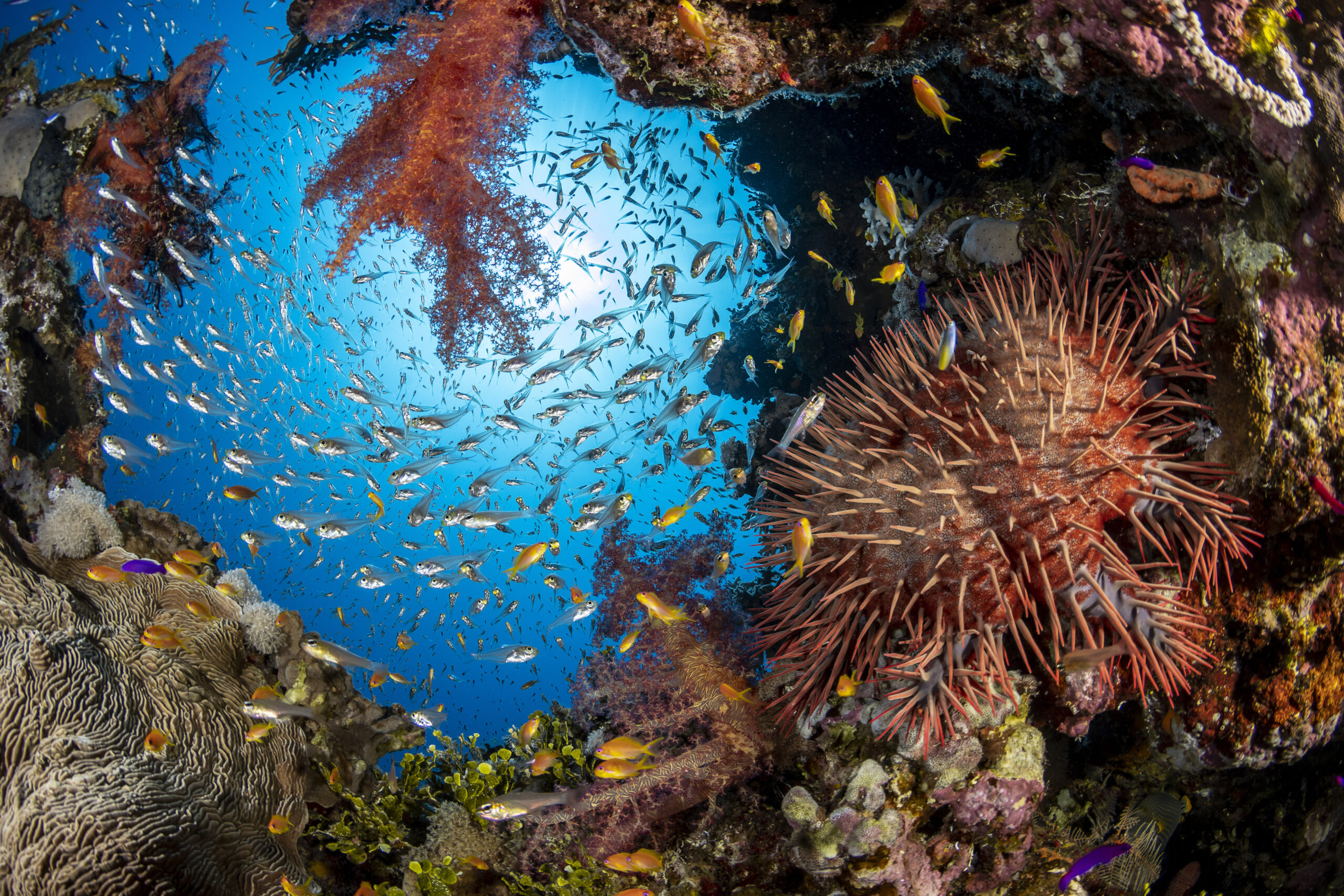
Why is it so important to protect and restore our oceans?
Ocean habitats serve as vital ecosystems for a wide range of marine plant and animal species, playing a crucial role in maintaining biodiversity and delicate ecological balances. They play a critical role in mitigating climate change by acting as carbon sinks: coral reefs, for example, are estimated to sequester billions of tons of carbon annually. Moreover, ocean habitats are integral to water regulation by filtering and purifying seawater, maintaining water quality, and supporting marine ecosystems. Protecting and conserving these habitats is essential for the sustainability of marine ecosystems, the well-being of coastal communities, and the overall health of our planet’s oceans.
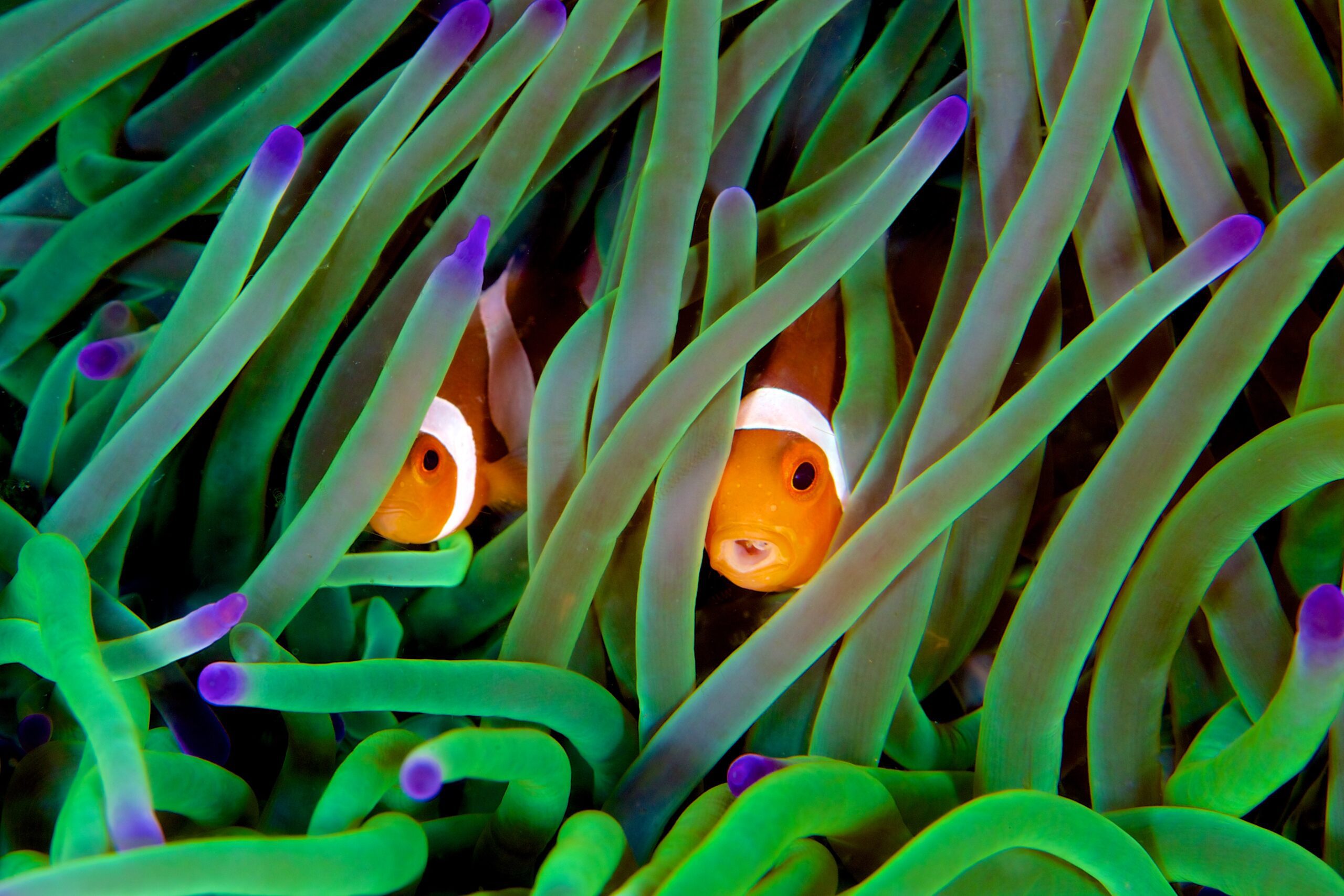
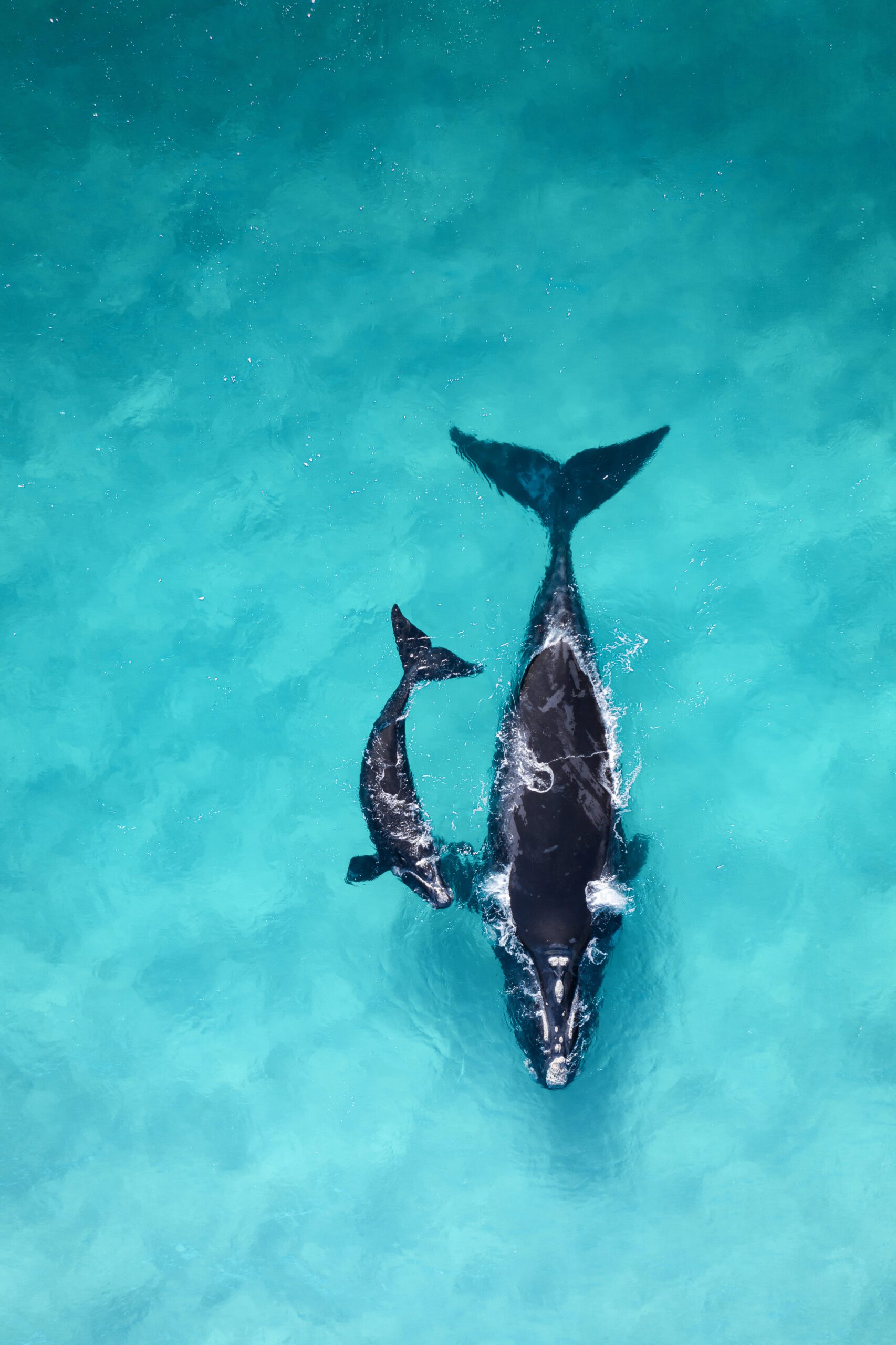
How can we best support our oceans?
Create/lobby for more marine protected areas
Marine protected areas provide safe spaces for marine biodiversity to flourish. By creating and lobbying for more of these protected areas, we can conserve fragile ecosystems, and promote the recovery of threatened species.
Protecting/restoring keystone species
The protection and restoration of keystone species are vital for the well-being of habitats. By ensuring their survival, we contribute to the preservation of biodiversity, promote ecological stability, and support the interconnected web of life.
Protecting/planting coral
By protecting and planting coral, we can combat the impacts of climate change, preserving marine biodiversity and protecting coastlines from erosion.
Keystone species
Keystone species have a key role in the functioning of a habitat, as they have a cascading effect on other species in an ecosystem. It is crucial to protect keystone species to ensure habitats’ health. For habitat restoration purposes, it can also be beneficial to reintroduce keystone species in certain areas. Here are some of the keystone species crucial for our oceans:
Whales
- endangered
- The population of humpback whales and blue whales (5,000-15,000) is slowly increasing
Phytoplankton
- data-deficient
- Strongly declining
Sharks
- vulnerable
- Decreasing
Coral
- endangered
- Half of coral reefs have been lost since the 1950s



